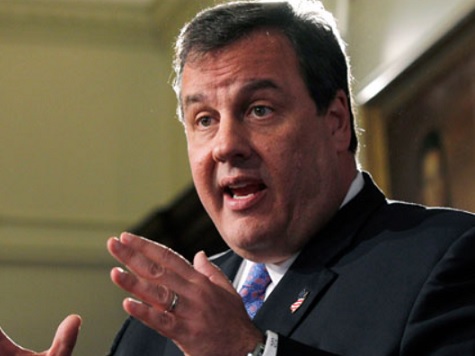On Monday, the United States Supreme Court declined to hear a New Jersey appeal of lower court decisions upholding a prohibition on sports gambling in the state. There is a federal ban on a sports book in the state, but Governor Chris Christie had mounted an appeal of the law to the high court.
The state challenged a federal law allowing state-sanctioned sports gambling only in Nevada, Delaware, Montana and Oregon. Christie’s appeal was based on two arguments: that individual states, not the federal government, should regulate sports gambling, and that the federal law’s discrimination between states on sports gambling grounds is unlawful.
New Jersey wanted legal gambling allowed on professional and college sports at Atlantic City casinos and New Jersey racetracks. The state’s voters had passed a nonbinding referendum in 2011, which state lawmakers followed by passing a law that would allow betting at tracks and in casinos. Atlantic City has taken a financial hit since the emergence of Foxwoods and other legal gaming sites in the northeast. A sports book, Christie and others believed, would help Atlantic City regain an edge.
Christie’s based his appeal on the premise that his state was trying to limit illegal sports wagering and channel that money instead to the Garden State treasury. The state has estimated $500 billion is bet illegally each year on sports.
State Sen. Raymond Lesniak, who wrote the proposed legislation, wants all states to be able to allow betting on sports, and challenged the idea that the state’s law conflicted with federal law. He said, “Aren’t they selling marijuana in Colorado and Washington? Isn’t that against federal law?”
The federal law, the 1992 Professional and Amateur Sports Protection Act (PASPA), restricted betting on sports to a small group of states. New Jersey did not qualify because the state missed the deadline. The National Collegiate Athletic Association, the four major professional sports leagues and the Obama Administration sued to block the New Jersey law from going into effect. A trial judge ruled against New Jersey; the 3rd U.S. Circuit Court of Appeals in Philadelphia upheld his ruling.
The appeals court had ruled, “New Jersey’s sports wagering law conflicts with PASPA and, under our Constitution, must yield.”

COMMENTS
Please let us know if you're having issues with commenting.